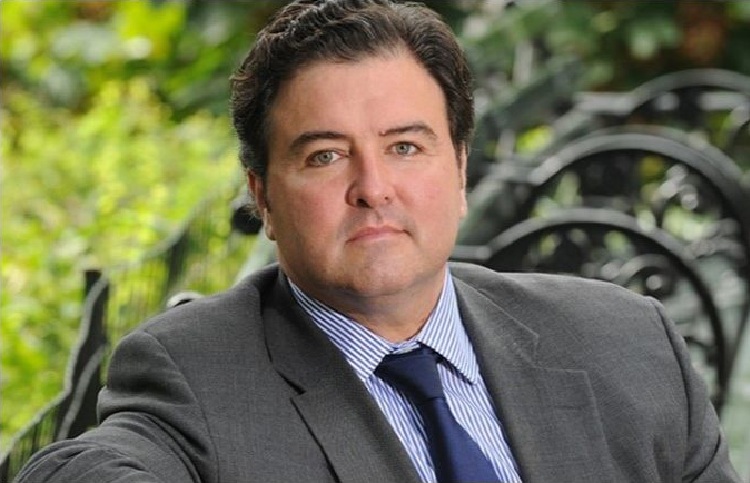The Diplomat
The Spanish government avoids saying if it maintains the recognition of Juan Guaidó as the president in charge of Venezuela, after the new National Assembly, with a Chavista majority, was formed in that country after the December 6 elections, whose results neither Spain nor the rest of the EU have recognized.
Foreign Minister Arancha Gonzalez Laya, in statements to Onda Cero, avoided giving a direct answer, when asked if Spain will continue to consider Guaidó as the president in charge, and referred to the position made public by the EU on Wednesday, through the High Representative for Foreign Policy, Josep Borrell.
Gonzalez Laya stressed that the EU has committed itself to seeking a political solution to the crisis in Venezuela and that it continues to consider the National Assembly to come out of the 2015 elections, in which there is an opposition majority, as “the last free expression of Venezuelans in an electoral process. The Minister emphasized that “more than a legal recognition” in what all the States of the EU have “united” has been a political recognition.
González Laya added that she is committed to continue working with “all political actors, with a recognition of a political legitimacy of Juan Guaidó, seeking to work with all political and social actors” to promote “change and the process towards democracy in Venezuela”. And she insisted that the Twenty Seven do not recognize the MPs that came out of the December 6 elections, but they do recognize the “political interlocutors” that came out of the 2015 elections, “as the interlocutors with whom Europe is going to work”.
The Minister reiterated that the EU will seek, as it has done in the last two years, “to continue promoting a transition in Venezuela towards democracy” and will do so “with the same people and political and social institutions”, among them Juan Guaidó, who is considered “somehow representative of these forces that seek the transition”.
Yesterday, Peter Stano, spokesman for the European External Action Service, insisted on the communiqué issued by Borrell, qualifying Guaidó as “a relevant interlocutor”, but he also did not clarify whether he is still considered an interim president, arguing that this decision corresponds to each of the states.
European sources explained to Europa Press that diplomatic contacts are underway to address the new situation in Venezuela, specifically, a meeting of the International Contact Group is expected in a matter of days. The European block also maintains a direct line with the Lima Group, which has expressly supported the extension of Guaidó’s mandate as interim president.
People’s Party spokesperson in the Foreign Affairs Commission of the Congress, Valentina Martínez Ferro, asked on her Twitter account that if the EU considers that the Assembly of 2015 is the “last free expression of Venezuelans at the polls” it does not recognize the one that emerged from the December 6 elections, “should not the National Assembly born in 2015 be the only legitimate one until new elections are called?”
Martinez Ferro, whose party has insisted in demanding that the Executive of Pedro Sanchez say if he maintains the recognition of Guaidó as the president in charge, added: “This position of the EU, ‘sponsored’ by the Government of Spain, is embarrassing for the Spanish and very hard in political and human terms for the fighters for democracy and freedom in Venezuela”.
Meanwhile, the British Minister of Foreign Affairs of the United Kingdom, Dominic Raab, indicated in the same social network: “The United Kingdom continues to recognize the Venezuelan National Assembly elected in 2015 and its president as interim president, since the legislative elections of December were neither free nor credible”.







